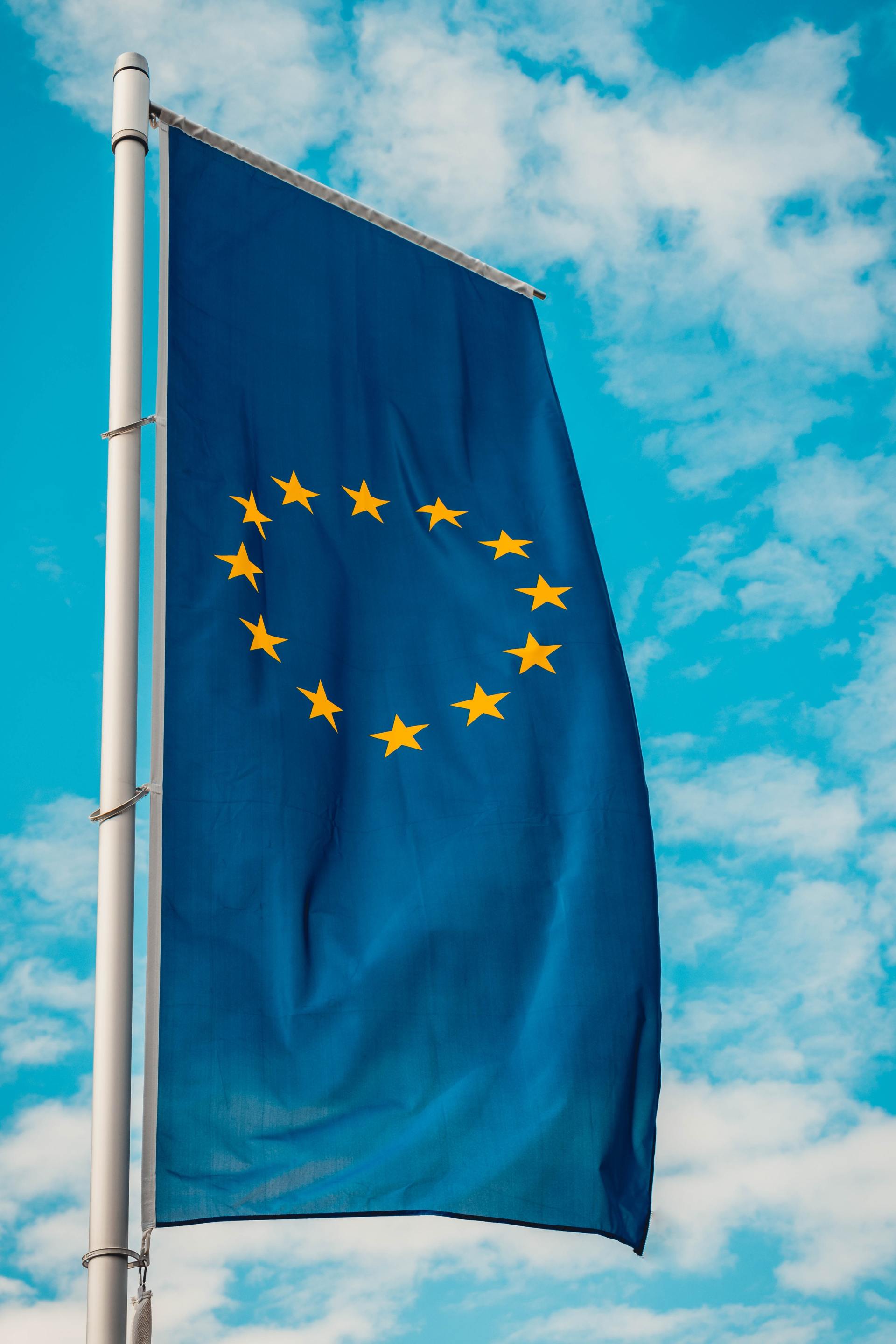Veertiende plenaire vergadering EDPB
- door Maurits & Hömann
- •
- 17 dec, 2019
Op 8 en 9 oktober 2019 zijn de Europese privacy toezichthouders weer bijeen om een aantal belangrijke privacy vraagstukken te bespreken.

14th EDPB meeting
8 October 2019
1. Adoption of the minutes and of the agenda, Information given by the Chair
1.1 Minutes of the 13th EDPB meeting
1.2 Draft agenda of the 14th EDPB meeting
1.3 LIBE Hearing
1.4 Meetings with Commissioners-designate
1.5 European Commission evaluation of the GDPR
1.6 ECJ Judgements
1.7 Status of ePrivacy negotiations
2. Current Focus of the EDPB
2.2 Update by SA
2.3 Privacy Shield: 3rd Annual Review
2.4 Guidelines on the lawful basis for processing under Art. 6.1 (b) GDPR in the context of the provision of online services to consumers (after public consultation)
2.5 Art. 64 GDPR Opinion on Equinix BCRs
2.6 Art. 64 GDPR Opinion on UK accreditation requirements for code of conduct monitoring bodies
2.7 New ISO standard relating to data protection
9 October 2019
2. Current Focus of the EDPB Possible discussion points still open from day 1
2.8 Update by SA
2.9 Exchange of views on data protection and competition
3. FOR DISCUSSION AND/OR ADOPTION – Expert Subgroups and Secretariat
3.1 BTLE ESG Response letter to Sophie in’t Veld on PNR
3.3 Compliance, eGovernment and Health ESG
3.3.1 Letter to the Council Working Party on Sports Anti-Doping Code
3.4 IT Users ESG EDPB IT System
3.5 Secretariat
3.5.1 Response letters to Sophie in’t Veld
3.5.2 Translation of joint opinions
4. Miscellaneous
4.1 Report on PT implementing law
4.2 Negotiations of a Second Protocol to the Budapest Convention; Ratification process and monitoring mechanism for Convention 108
https://edpb.europa.eu/sites/edpb/files/files/file1/20191008plenagenda_publicversion_en.pdf
European Data Protection Board - Fourteenth Plenary session
On October 8th and 9th, the EEA Data Protection Authorities and the European Data Protection Supervisor, assembled in the European Data Protection Board, met for their fourteenth plenary session. During the plenary a wide range of topics were discussed.
Guidelines on the lawful basis for processing for online services based on contracts (Art. 6 (1) (b))
The EDPB adopted a final version of the guidelines
on the scope and application of Article 6(1)(b) GDPR in the context of information society services. Following public consultation, points of clarification were included in the text. In its guidelines, the Board makes general observations regarding data protection principles and the interaction of Article 6(1)(b) with other lawful bases. In addition, the guidelines contain guidance on the applicability of Article 6(1)(b) in case of bundling of separate services and termination of contract.
Article 64 Opinion on Equinix BCRs
The EDPB adopted its opinion
on the draft decision regarding Equinix Binding Corporate Rules (BCRs), submitted to the Board by the UK’s Information Commissioner’s Office (ICO). The EDPB is of the opinion that the Equinix BCRs contain all elements required under article 47 GDPR and WP256 rev01 and contain the appropriate safeguards.
Passenger Name Records (PNR)
The EDPB adopted a letter
in response to MEP Sophie in’t Veld’s letter regarding the renegotiated draft PNR agreement with Canada and its impact on other PNR agreements. In its response, the EDPB notes that the draft agreement has not yet been shared with the Board, but that the EDPB stands ready to issue an opinion. The letter further refers to a previous letter sent to the European Commission by the Article 29 Working Party (WP29), following the opinion of the European Court of Justice (CJEU) on the first draft PNR agreement with Canada.
Response to the Council Working Party on Sports Anti-Doping Code (WADA)
The EDPB adopted its response to the Council Working Party on Sports’ request regarding the ongoing review process of the World Anti-Doping Code. In its letter, the Board recalls two WP29 opinions on the previous versions of the WADA code. The letter points out that progress has been made in relation to the safeguards on privacy and data protection provided by the new version of the Code and its Standards, but that some important concerns remain.






